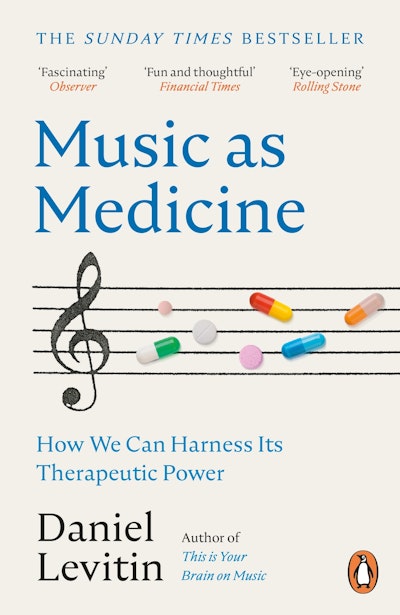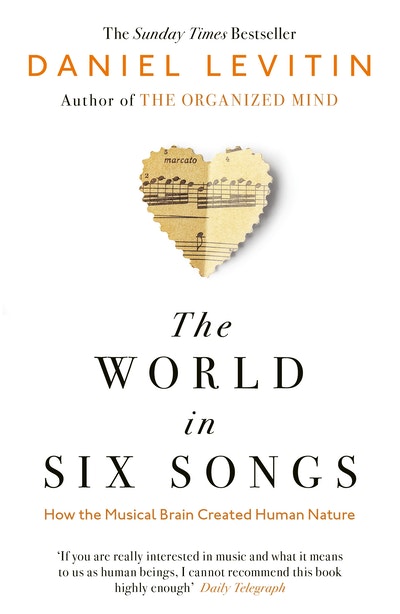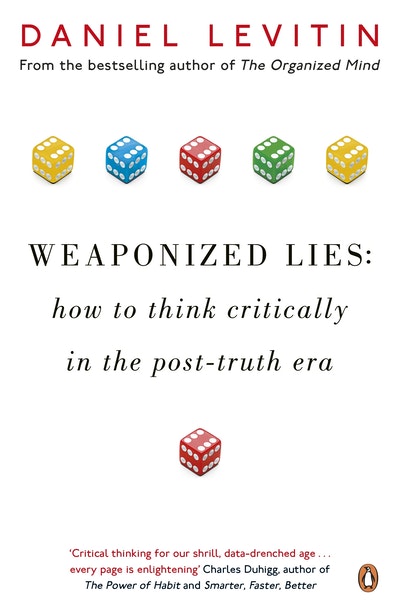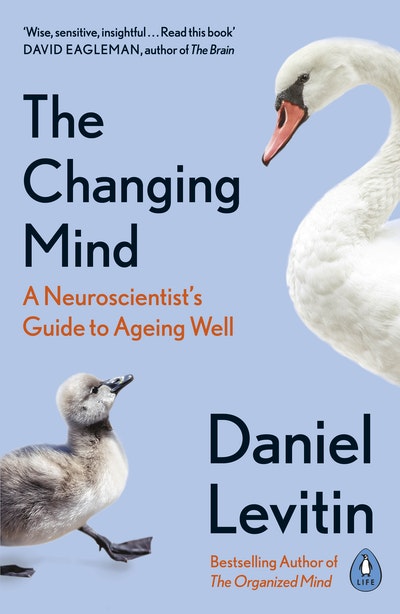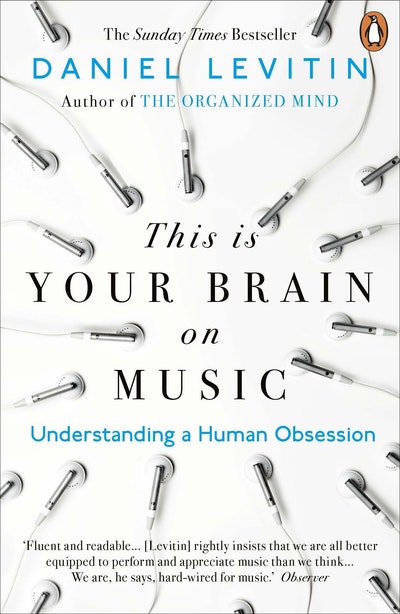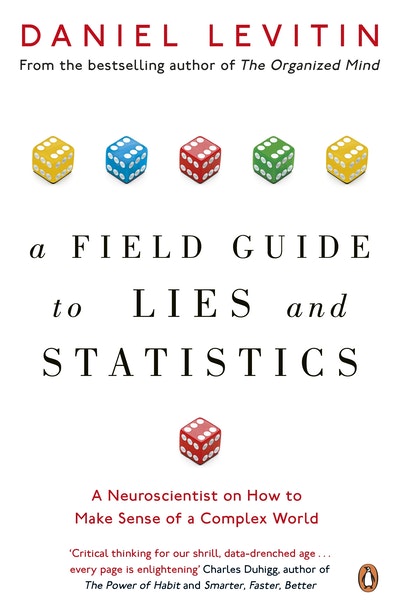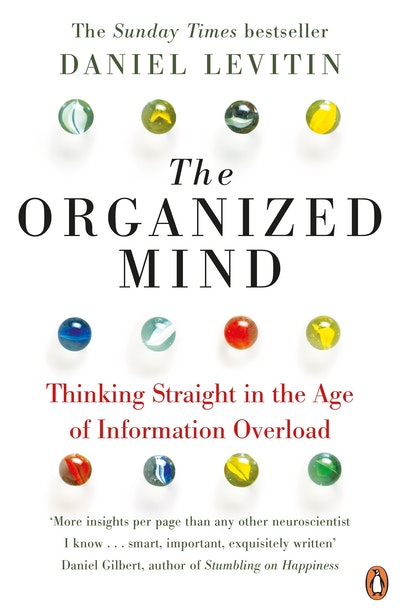- Published: 28 April 2026
- ISBN: 9781804940341
- Imprint: Penguin
- Format: Paperback
- Pages: 416
- RRP: $30.00
Music as Medicine
How We Can Harness Its Therapeutic Power
- Published: 28 April 2026
- ISBN: 9781804940341
- Imprint: Penguin
- Format: Paperback
- Pages: 416
- RRP: $30.00
Daniel Levitin is a triple threat—a visionary neuroscientist, an extraordinary musician, a brilliant writer—and this is his best book yet. Music as Medicine is inspiring and illuminating, as deep as it is delightful. I couldn’t put it down.
DANIEL GILBERT, author of Stumbling on Happiness
Lookin’ back at my life, it’s pretty easy to see how music has profoundly benefited my well-being, all while drawing me further and further into its mysteries – and there appears to be no end to this path. Dan Levitin’s take on this mirrors mine – and he can both explain it and tease out the possibilities presented.
BOB WEIR, The Grateful Dead
Music as Medicine showcases Daniel J. Levitin’s expertise in all genres of music as well as experimental neuroscience. No one else in the universe could have written this book.
NEIL DEGRASSE TYSON
For many years I have wondered why a bunch of frequencies organised into a piece of music has the ability, even without words, to make the listener cry and become emotional. Although I know this happens to me and many people, I have often wondered how this can be. Dr Levitin, in this latest book, Music as Medicine, has some fascinating insights into this great phenomenon.
PAUL MCCARTNEY
A fun and thoughtful read . . . A crash course in the aspects of neuroscience that relate to aspects of our daily lives: joy, pain, learning, memory. Levitin draws on a career’s worth of experiments and scientific discovery to demonstrate the many ways music can and is being used to treat a number of ailments, whether Tourette syndrome or Alzheimer’s.
FINANCIAL TIMES
In this fascinating book, the neuroscientist makes a strong case for the therapeutic force of music . . . Merges research, theory and intriguing anecdotes about [Levitin's] interactions with musicians as well as patients to provide evidence of his contention that music not only functions as a temporary uplift or soothing balm in times of trouble, but possesses a much deeper restorative quality.
OBSERVER
It's impossible to read this book without thinking of the music that has meant a lot to you in your own life.
DAILY MAIL
We have long suspected that music has restorative qualities, but Daniel Levitin is now providing rigorous evidence that it can help treat many conditions, including depression, speech loss and Alzheimer's.
NEW SCIENTIST
A natural communicator - warm, friendly, and geekily enthused about his subject.
GUARDIAN
[As] intriguing as a long jazz riff.
NEW YORK TIMES
A fascinating read filled with wondrous examples of how music makes us feel and think (and why that is). My favorite quote: 'Memory is the heart of who we are, and the very private sense of what it takes to be us.
JOHN BRANDON, FORBES
Eye-opening.
ROLLING STONE
Essential to our understanding.
WALL STREET JOURNAL
Levitin presents a strong, evidence-based case for how music heals, alleviating pain, reducing anxiety and even aiding recovery from strokes or Parkinson’s. It’s a compelling blend of anecdote and rigorous science, revealing in detail how music harnesses the brain.
DAILY TELEGRAPH, BOOKS OF THE YEAR
Music As Medicine merges research, theory and intriguing anecdotes . . . It will certainly make you think more deeply about music’s healing properties, particularly for those who perform.
GUARDIAN
